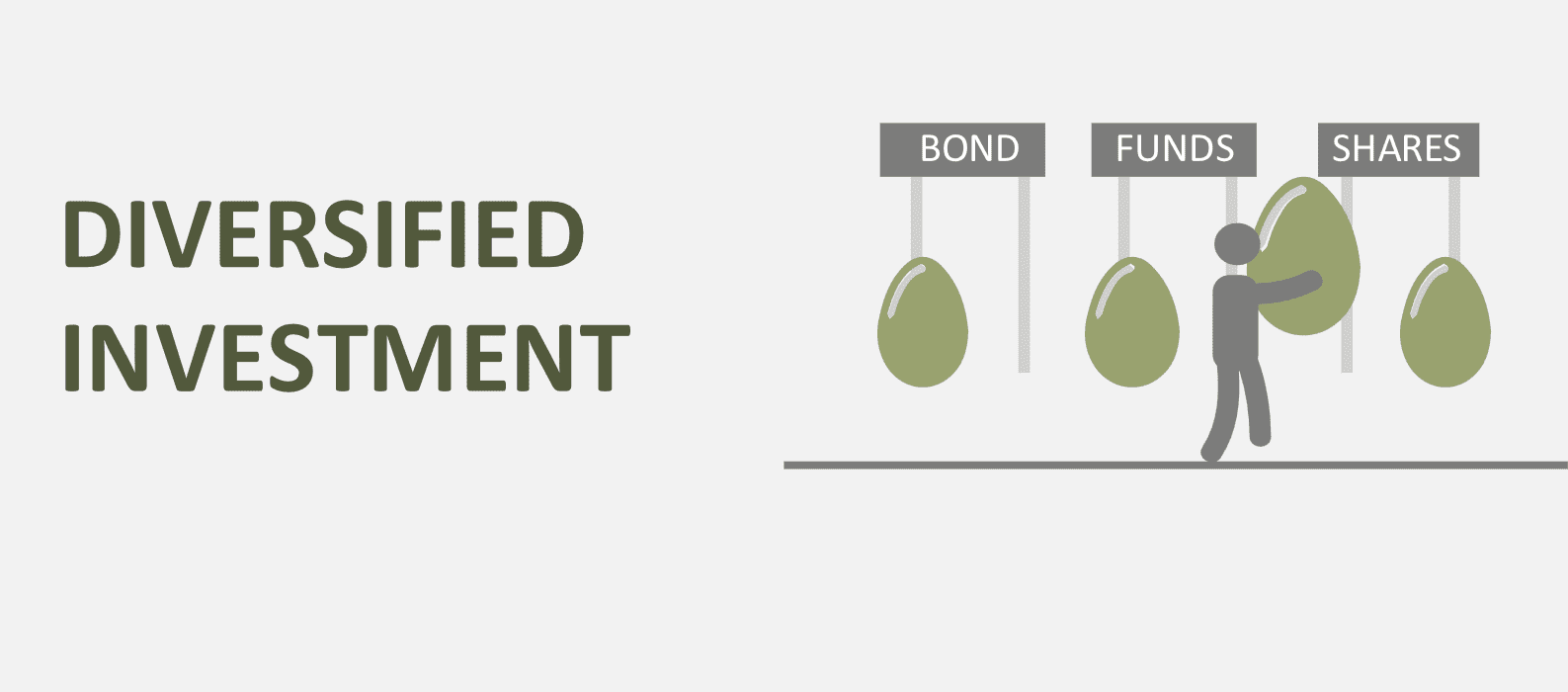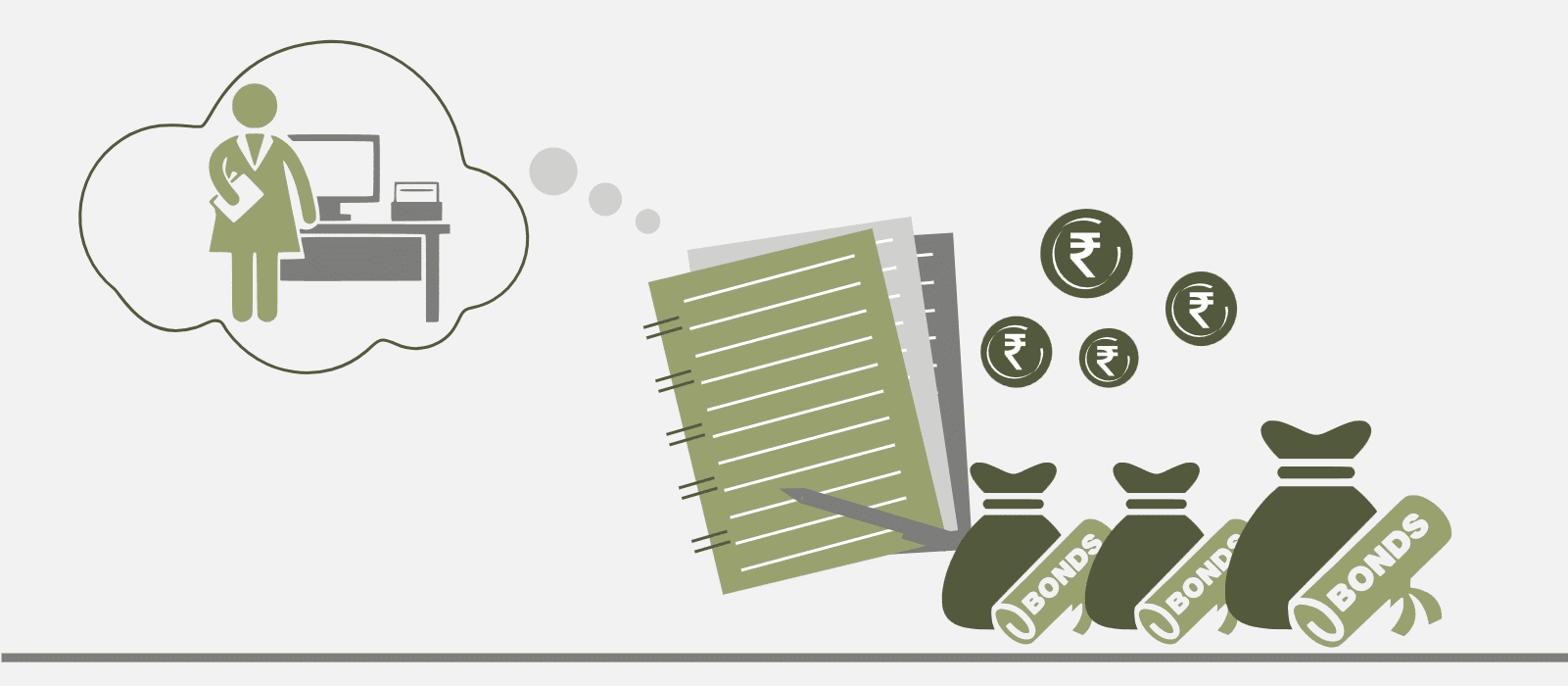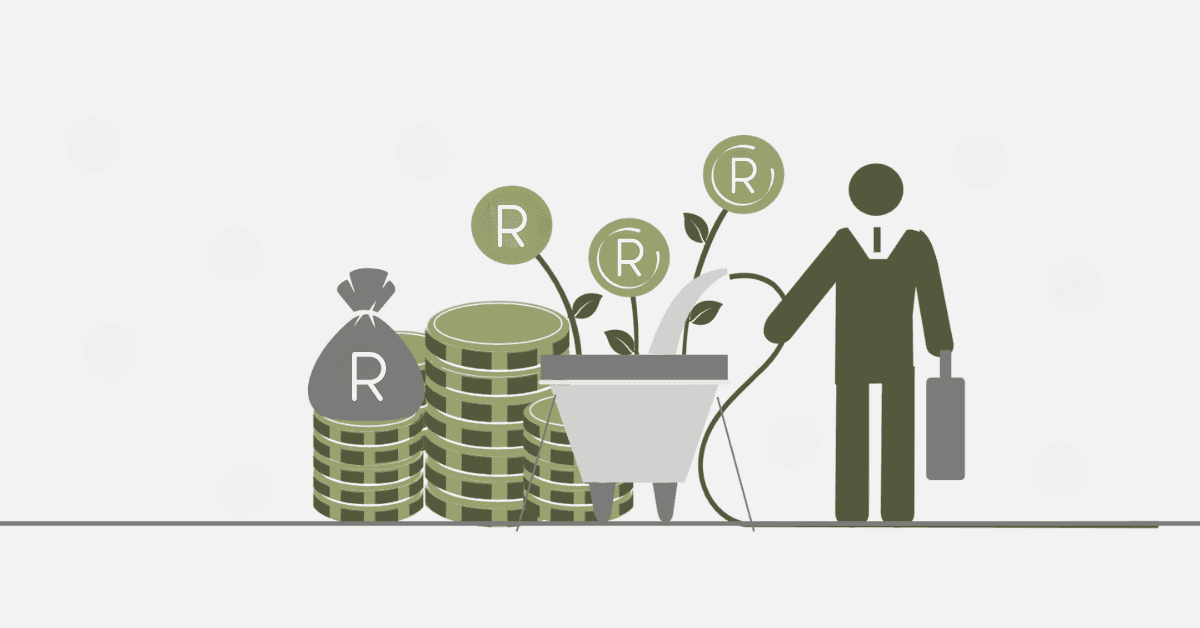South Africa offers many investing opportunities tailored to different risk appetite levels and financial objectives. The avid and dynamic financial market depends on the country’s diversified economic activities. Paramount in this scenario is the knowledge of the best investment options to be chosen in times of fast-changing global economic vagaries.
Whether you are an investor at the beginning or a veteran, the information of the resources you need to use may change your future. This article peeks into the best investment opportunities in South Africa
Which are the Best Investments in South Africa Right Now?
South Africa offers a spectrum of investments suitable for different risk appetites and financial goals. Some of the most popular options are Tax-Free Savings Accounts (TFSA), in which investors can accumulate wealth without tax burden on the returns. They are perfect accounts for saving toward a long-term goal, for example, retirement or education.
Both exchange-traded funds (ETFs) and unit trusts provide diversification and professional management so that an investor would be exposed to numerous asset classes without active management. ETFs follow various indexes and are efficient vehicles to provide broad market exposure, while unit trusts allow one to pull money and get professionally managed portfolios.
Government Bonds Government bonds, specifically RSA Retail Saving Bonds, are the government’s commitment to paying back principal and interest. Its face value assures investors that their money is safe and that, at the same time, their returns are guaranteed to be high. The other option is fixed deposits with the bank, offering surety of the return agreed upon over the time frame set.
Property investment in South Africa will continue to be a stable and lucrative option, particularly in areas experiencing high growth. Real estate investment capital appreciation and rental income are among the advantages of offering a long-term investor a worthy reason for taking it. If a retirement pension is considered further, it provides the benefits of being tax-efficient over long periods and growing in actual capital values.
Finally, stockbroking accounts allow direct access to equity markets for those prepared to bear a slightly higher risk, enabling an investor to buy and sell firms’ shares listed on the JSE. This method requires more knowledge about the market but holds prospects for high returns.
What is a Good Return on Investment in South Africa?
A good investable average ROI in South Africa is approximately 7% per annum. By this benchmark, one considers the country’s economic condition, the inflation rate, and the market volatility. Giving an illustration of a 7% return is seen to be realistic and underpinned by sustainability. However, a conservative investment, like government bonds or fixed deposit investments, is viewed as realistic. Higher returns are possible for more aggressive portfolios, including equities and property, but at increased risk.
It is noteworthy that SARB plays a significant role in influencing returns, especially with adjustments to interest rates. In a high inflationary environment, the SARB could project an increase in interest rates, thereby impacting higher yields from fixed-income investments. Furthermore, lower interest rates reduce yields but may also spur equity markets on the back of declining borrowing costs.
Diversification is the key to attaining good ROI. It involves investing in various asset classes to spread the risk and reward properly. For example, combining stable bonds bound to give some stability with very fast-growing equities may yield an average return of 7% or more, depending on market conditions.
Which SA Bank is Best for Investment?
in selecting the best bank for investment in South Africa, Standard Bank generally emerges at the top among individuals who have a wide variety of investment products and boast a strong market reputation. In various ways, investment accounts exist under Standard Bank, including TFSAs, unit trusts, and fixed deposits. Moreover, with its international presence, investors can diversify their portfolios beyond the South African borders into foreign markets.
It has tough competition from First National Bank, which offers specially developed digital platforms and user-friendly investment tools. This includes direct investment in JSE-listed shares, ETFs, and other securities right at customers’ fingertips through its platform Share Investor. With various fixed and flexible savings account products, along with all the other products mentioned above, it is a bank for first-timers and experienced investors.
Another significant player is Nedbank, especially in its customized wealth management offering. Presenting tailored solutions on investment, Nedbank Private Wealth encompasses sketches on an estate, tax-efficient investments, and analysis of retirement plans, thus aiming to make sure the client receives the best expert advice precise to him or her and their financial circumstances.
Finally, ABSA offers competitive rates on fixed deposits and a myriad of unit trusts, which are available and reliable for persons seeking stability and growth. The bank also provides responsive customer service that enables people to have a wide span of investment products at their beck and call; these make ABSA strong in the South African banking sector.
How to Get High Returns?
Successful investment returns in South Africa are invariably a result of strategic planning and diversification when the risk appetite allows for taking on measured risks. One of the most effective ways to maximize this return is to retain very rich securities, especially in fast-growing sectors such as technology and financial services pervaded by integrating renewable energy. While these investments tend to be more volatile, they usually lead to greater capital appreciation.
A further strategy that can be adopted is investing in land, particularly in growth markets in South Africa. Most of these markets, particularly around centers and the coastline, have observed fairly drastic increases in property prices over time. Furthermore, the rental yield from property investments ensures regular inflows that can be raised. The key here is diversifying, which will repay higher returns but keep the risks manageable because making proper investments across different asset classes, sectors, and geographies helps to cushion diversification.
For example, one could balance probable losses with gains leisurely by merging high-gamble equities against safer options like government bonds or fixed deposits. Tax-exempt investment buckets, such as TFSAs or even RAs, must be taken full advantage of. This not only permits the magnification of wealth without the drag of taxes on income or capital gains but also boosts the net returns of the investor.
Final Thoughts
Today, investors considering investing in South Africa for growth and stability have varied potential sources of investing, from equities to property investments and from fixed incomes to a portfolio investment that matches the right financial goals of the investor with a corresponding risk profile. The most significant success of an investor will lie in market knowledge, diversification, and a balanced approach to economics.

![What are ETF [Exchange-Traded Funds]?](https://www.searche.co.za/wp-content/uploads/etf.webp)












